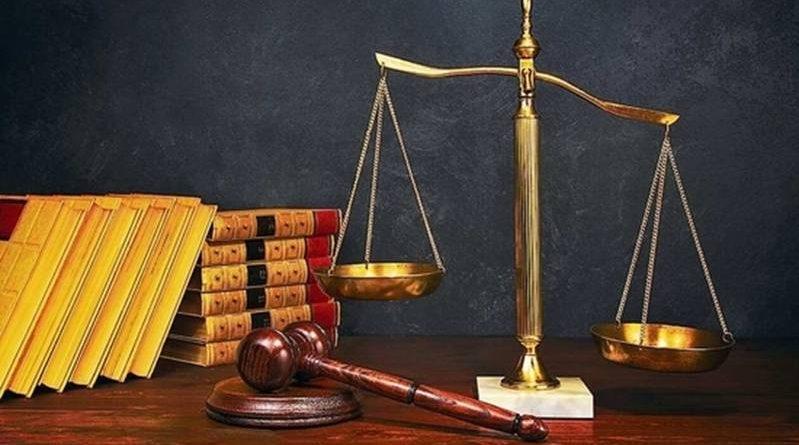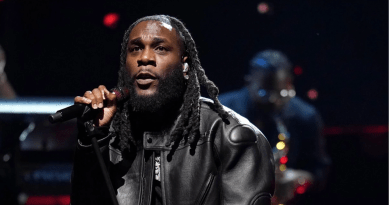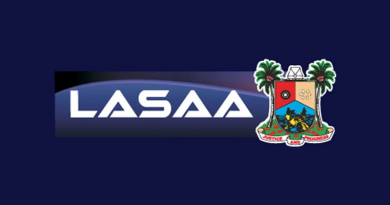Two Nigerian journalists Aiyelabegan AbdulRazaq and Oluwatoyin Bolakale charged with cybercrime over corruption reports
The Committee to Protect Journalists urged Nigerian authorities on Tuesday to immediately drop all accusations against reporters Aiyelabegan Babatunde AbdulRazaq and Oluwatoyin Luqman Bolakale and provide them freedom of expression.
According to the two journalists and their attorney Taofiq Olateju, who all spoke with CPJ, police detained AbdulRazaq and Bolakale on September 11 because of their critical coverage of a local politician on the independent news websites Just Event Online and The Satcom Media, respectively.
The September 9 articles alleged abuse of power by Jumoke Monsura Gafar, the former chief private secretary to the governor of north-central Kwara State AbdulRahman AbdulRazaq, who is not related to the journalist. CPJ reviewed the charge sheet.
According to the two journalists, their attorney, and the charge sheet, the two journalists were charged on September 13 under the Cybercrimes Act with conspiracy and cyberstalking, each of which carries a maximum sentence of seven years in prison and a fine of seven million naira (US$9,024).
According to the journalists and their attorney, the court granted the journalists’ release on September 20 and scheduled a hearing for October 4.
When asked about their sources on September 11 by police officials at the police headquarters in the state capital of Ilorin, AbdulRazaq and Bolakale told CPJ that their reports were based on a news release from a political lobby group that they had quoted. The journalists claimed that when the police asked them for a contact for the press release’s signing, they were unable to supply one.
The CPJ Africa Program Coordinator, Angela Quintal, stated in Durban, South Africa, “Authorities in Nigeria should swiftly drop all charges against journalists Aiyelabegan Babatunde AbdulRazaq and Oluwatoyin Luqman Bolakale and allow them to work without intimidation.” “Once again, we observe how the police intimidate journalists into disclosing their sources and how Nigeria’s cybercrime law is abused to prosecute the media. When will lawmakers take something to prevent the criminalization of journalism?
On September 18, The Satcom Media issued an article retracting its initial claim and stating that “we never aimed to tarnishing the image of Ms Jumoke Gafar.” On its Facebook page, Just Event Online posted the same message. At the time of publication, Just Event Online was unavailable, which AbdulRazaq claimed was caused by a network issue unrelated to the case.
The original article from The Satcom Media was still accessible online at the time of publication.
The managing editor of the news website Factual Times, Oyewale Oyelola, was also invited by the police to visit the station, according to Shola Salihu Taofeek, chair of the Association of Kwara Online Media Practitioners, but he fled out of fear of being jailed. Based on the same press release, the source also wrote and published a piece about Gafar on September 9.
Okasanmi Ajayi, the spokesperson for the Kwara State police, told CPJ that although he was aware of the issue, he was unable to comment because it was still pending in court. Gafar did not respond to CPJ’s calls or text messages seeking comment. SOURCE Committee to Protect Journalists (CPJ)




